Reusable 'Nanosheets' Soak Up Pollutants at 30 Times Their Weight
A next-generation material first earmarked for use in electronics has proven itself a capable clean-up agent for polluted waters. Boron nitride, or white graphene, can soak up organic pollutants such as industrial chemicals or engine oil in incredible amounts for their size, according to a report in Nature Communications.
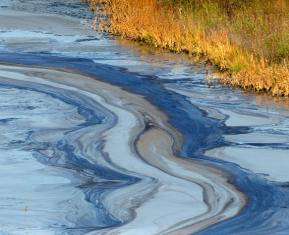
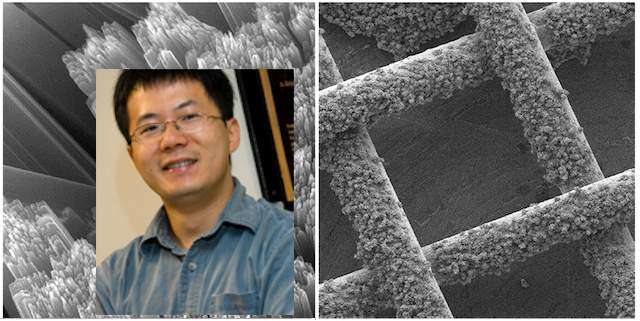


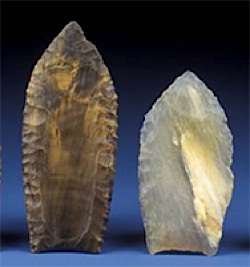
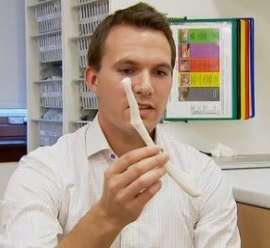
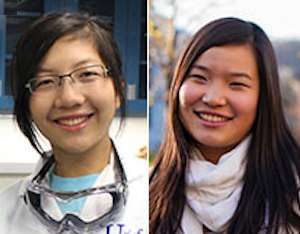
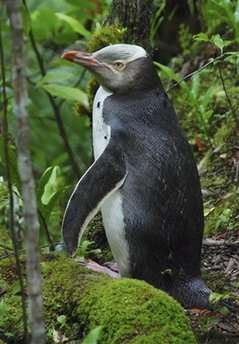
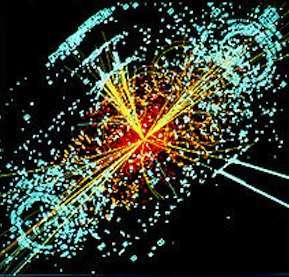
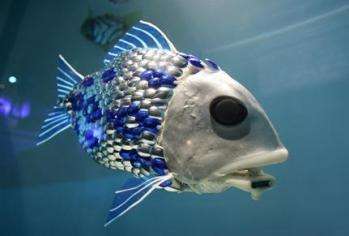

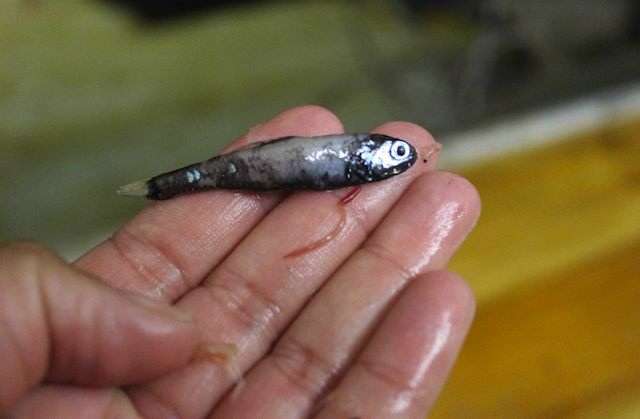
Recent Stories
A Heartfelt Reminder to Appreciate the Ones We Love
Cherish the Woman Who Stands by You
Breaking Generational Cycles of Pain
Living by Your Own Values, Not Others' Approval
When Life Brings Rain, It’s Okay to Rest
Before You Judge Someone's Life, Take a Moment to Walk in Their Shoes.
A Friend Who Spreads Gossip is Not a True Friend at All
The Value of Human Connection Over Digital Convenience
The Quiet Kind of Love
One Day, Your Mom Won’t Call You Anymore
I’ve reached a point in my life...
Happiness is a mindset, a conscious choice we make every day